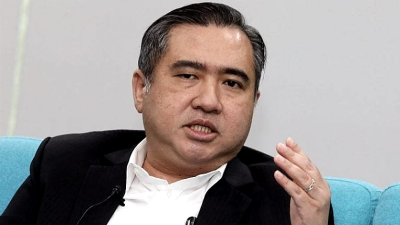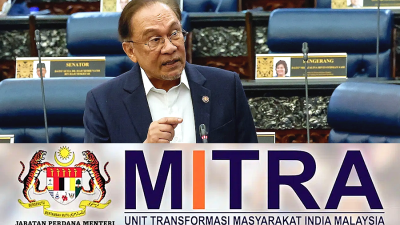
The 13th Malaysia Plan proposition to make preschool mandatory at age five, primary at age six, and secondary education compulsory marks a bold step towards universal education.
It signals a determination to ensure that no child is left behind as the nation continues to develop.
Yet, ambition without realistic aspirations could be dangerous. Compulsory education, while commendable, risks becoming a hollow promise if access is not compensated by genuine inclusive practices coupled with meaningfully relevant learning outcomes.
This reality is sobering. While enrollment figures may be on the rise, the quality of education—and its power to break cycles of disadvantage—remains uneven.
Rural schools in Sabah and Sarawak still lack qualified teachers, stable internet, and basic infrastructure.
Orang Asli children often leave school before secondary level, citing long travel distances and curricula disconnect from their realities.
Students with disabilities face barriers not only to physical access but also to trained teachers and assistive technologies.
Compulsory education policies alone will not fix these disparities unless mindful policies on inclusivity deliberately address them.
Insights from our neighbors
Mindful policymaking entails that Malaysia looks outward as well as inward.
Singapore, for instance, has consistently invested in school leadership training, turning principals into inclusive instructional leaders who use data to track learning gaps and organize targeted interventions.
Their approach shows that strong leadership, coupled with targeted and meaningful professional development for teachers, can raise standards across the board, including in schools serving students with learning disabilities and from low-income families.
Meanwhile, Vietnam offers another compelling example. In its river communities along the Mekong Delta, the government launched mobile classrooms on boats, powered by solar energy, bringing literacy programs and technology access to children who are otherwise cut off from mainstream education.
The program has not only boosted enrollment but also demonstrated that flexibility and innovation matter when geography stands in the way of equity.
Thailand, on the other hand, encourages all teacher trainees to complete the required modules on special needs education so that mainstream classrooms are equipped to accommodate children with disabilities rather than isolating them in separate systems.
The message is clear: inclusion must be fully integrated into teacher preparation from the very start, not treated as an optional specialization or an elective.
The 13th Malaysia Plan offers a rare chance to reimagine education as a genuine system of inclusion—one that learns from regional successes in championing inclusivity while crafting homegrown solutions so that every child, regardless of background, could thrive in this compulsory education system.
Amplifying ambition into action
Malaysia, to a certain extent, can adapt these lessons to its own context.
While there are plans to build new schools to meet the needs of local communities in Budget 2026, mobile learning units—whether buses for rural Sabah or boats for river communities in Sarawak—could be a solution to bring education to students.
The mobile learning units are to be deployed regularly with digital resources and trained facilitators, ensuring that distance to school does not hinder children from learning.
With the RM115 million allocation for teacher training, the Ministry of Education can also consider teacher education programs that mirror Vietnam and Thailand’s model by embedding training on special needs, cultural diversity, and trauma-informed practices as a core requirement.
Additionally, every principal should be equipped to analyze learning data, coordinate peer tutoring, and collaborate with health and social agencies so schools become community hubs that address the academic and social barriers to learning simultaneously.
Without targeted mindful reforms, compulsory education risks becoming a statistical wall flower rather than a social transformation.
The 13th Malaysia Plan offers a rare chance to reimagine education as a genuine system of inclusion—one that learns from regional successes in championing inclusivity while crafting homegrown solutions so that every child, regardless of background, could thrive in this compulsory education system.

(Dr Joseph Malaluan Velarde is a Senior Lecturer at the School of Education, Faculty of Social Sciences and Leisure Management, Taylor’s University and the Director of Taylor’s Impact Lab, Education for All.)
ADVERTISEMENT
ADVERTISEMENT








































